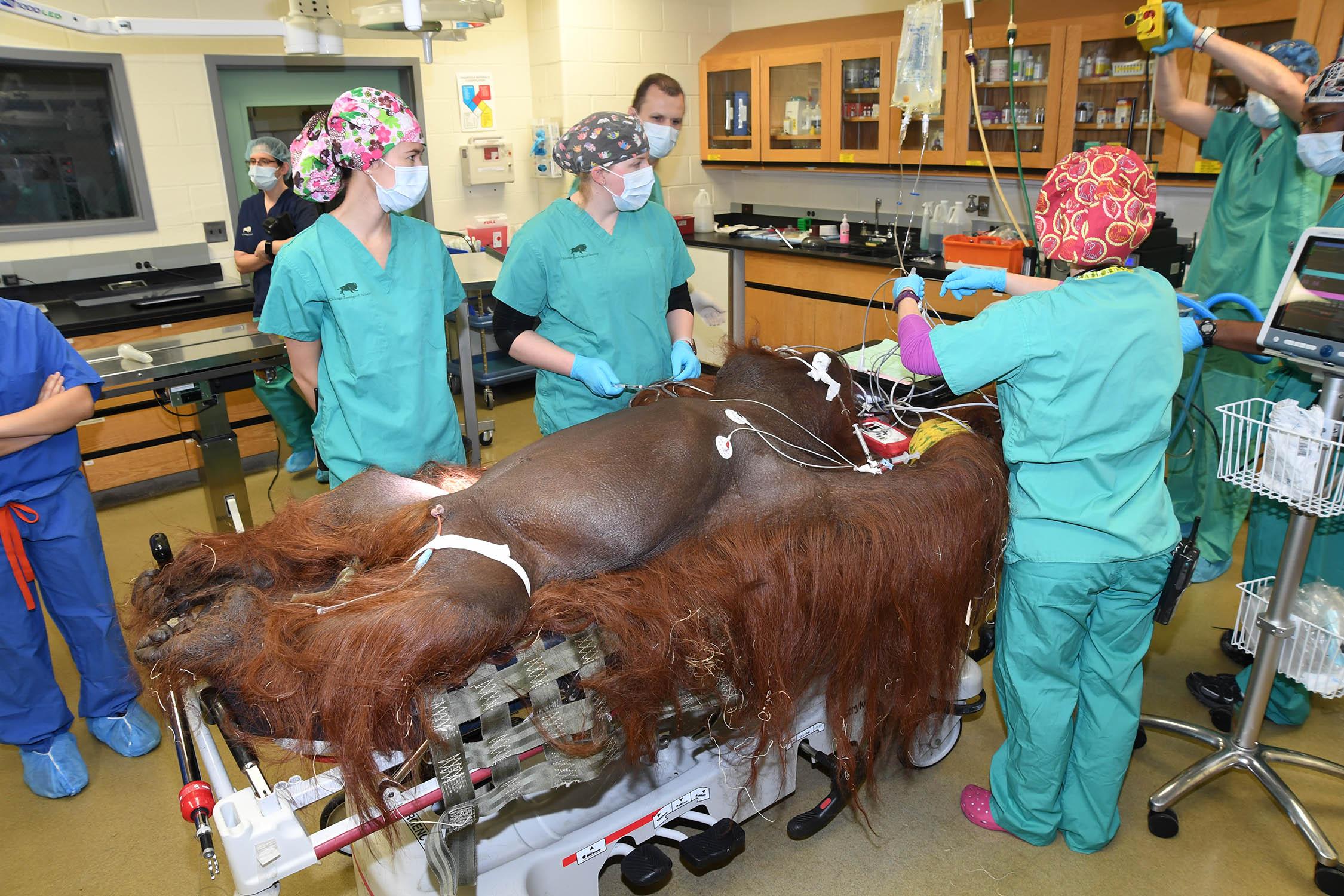Mice may be small, but they can cause huge problems. Today, Daf
Yomi reaches the topic of the mud-mouse - the mouse that is (allegedly)
generated from dirt. It also discusses the salamander that is legendarily generated from fire. I have chapters dedicated to these mythical
creatures in my book
Sacred Monsters (and my views on them are the primary reason why my books were
put in cherem).
The people that encounter this topic fall into several categories.
One group is aware that there ain't no such critters, and acknowledges
that Chazal (the Sages of the Talmud) shared the mistaken beliefs of
everyone else in these things. They follow the approach of the many Rishonim and Acharonim who state that Chazal's statements about the natural world were not infallible. Rav Samson
Raphael Hirsch addresses the topic of the mud-mouse in particular, and writes as follows:
"Imagine if a scholar such as Humboldt had lived in their times and had
traveled to the ends of the world for his biological investigations. If
upon his return he would report that in some distant land there is a
humanoid creature growing from the ground or that he had found mice that
had been generated from the soil and had in fact seen a mouse that was
half-earth and half-flesh and his report was accepted by the world as
true, would we not expect Chazal to discuss the Torah aspects that apply
to these instances? What laws of Tum'ah and Taharah apply to these
creatures? Or would we expect them to go on long journeys to find out
whether what the world has accepted is really true? And if, as we see
things today, these instances are considered fiction, can Chazal be
blamed for ideas that were accepted by the naturalists of their times?
And this is what really happened. These statements are to be found in
the works of Pliny, who lived in Rome at the time the second Beis
ha'Mikdash was destroyed, and who collected in his books on nature all
that was well-known and accepted in his day."
There's another group of people who are entirely unaware that no
such creatures exist, and are completely confident in the absolute
factual truth of everything in the Gemara. The weekly booklet
Me'oros HaDaf Yomi
took it for granted that the mud-mouse exists, and happily cited R.
Yom Tov Lippman Heller's view that it presents evidence for creation
ex nihilo.
This group of people has an incorrect approach, but it doesn't bother me
or interest me that much. In some ways, I am jealous of their simple
faith; I have little desire to change their minds.

A different approach, however, is
found with charedi anti-rationalist rabbonim who seek to present
themselves as sophisticated thinkers that are well-versed in science,
such as
Rabbi J. David Bleich and
Rabbi Moshe Meiselman.
They are dogmatically opposed to saying that Chazal predicated halachos
on a misunderstanding of the natural world, so no matter how much
evidence there is for that, and no matter how many Rishonim and Acharonim say it, they have to find a way around it. However,
they can't bring themselves to insist that spontaneous generation really
does take place (though R. Bleich
does insist that it can't be disproved!) So they claim instead that Chazal never actually believed in spontaneous generation.
Now, one obvious problem with this approach is that the entirety of traditional rabbinic thought -
every single Rishon and Acharon
- interpreted Chazal as believing in spontaneous generation. Is it not
preposterous, even arrogant, to claim that you understand Chazal's words
better than every single Rishon and Acharon who ever lived? And it also
goes strongly against the charedi ethos of claiming great respect for
the mesorah and for traditional rabbinic authorities.
But there is also a different problem with
this approach: the way in which its advocates conveniently ignore
sources in Chazal which expose the impossibility of their
interpretations. In another post,
I detailed several sources from Chazal, conveniently ignored by R. Bleich and R. Meiselman, which show that Chazal most certainly believed that these creatures spontaneously generate.
Then there is a fourth group of people. These are the
people who are pretty sure that no such creature exists, but cannot
bring themselves to say so - either because they are uncomfortable with the notion that Chazal could be mistaken, or because
they are afraid to publicly say so. And so they have a mighty struggle
with this mouse.
When Rav Aharon Feldman from Baltimore switched sides regarding the
controversial ban on my books, and decided to insist that Chazal were
infallible in science, I asked him if he really believes that there is a
mouse that is generated from dirt. I knew that he is a worldly person,
and so I wanted to see his response. Rav Feldman replied that
scientists are constantly discovering new and amazing phenomena - why
shouldn't it be true? I received the impression, though, that he was
trying to convince himself rather than me.
I posed the same question to one of the rabbis that had endorsed one of my books but was retracting his
haskamah out
of deference to Rav Moshe Shapiro, who insisted that Chazal were
infallible. "Do you really believe that there is a mud-mouse?" I asked
him. He paused for a while, and then said, "I don't know." I argued that
he wasn't being honest with himself, but what I should have pointed out
was that Rav Moshe Shapiro demanded that people believe that there
definitely was such a thing, not that they do not absolutely deny it!
If anyone here attends a Daf Yomi class, can you post a comment informing us what the
maggid shiur said about this topic?
 And the reason would be legitimate. You can draw other people as an ape, but not Obama. Because Obama is black, and there is a long and sordid history of black people being depicted as apes and subhuman. By the same token, there is a long and sordid history of Jews being described as dogs and manipulators.
And the reason would be legitimate. You can draw other people as an ape, but not Obama. Because Obama is black, and there is a long and sordid history of black people being depicted as apes and subhuman. By the same token, there is a long and sordid history of Jews being described as dogs and manipulators. 









